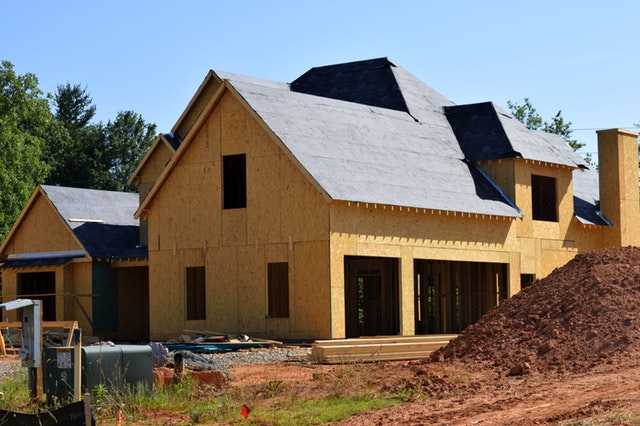5 Important Benefits Of Downsizing Your Home
 After the children are all grown and moved out, the family home often feels excessively large and empty. If you’re in this stage of life, you may be wondering if you should downsize like so many others, or stay put. Downsizing may be the best option, depending on your lifestyle.
After the children are all grown and moved out, the family home often feels excessively large and empty. If you’re in this stage of life, you may be wondering if you should downsize like so many others, or stay put. Downsizing may be the best option, depending on your lifestyle.
Here are five benefits of downsizing for you to consider.
1. Less Clutter
When you move into a smaller home, you’ll have the opportunity to get rid of many possessions that you no longer need. Whether it’s sporting goods or knick knacks, you’ll be able to either sell the items, give them away to kids and grandkids or donate them to a charitable organization. Your new home won’t have as much space, so this decluttering process is almost mandatory.
2. Lower Utility Bills
A smaller home means lower energy usage and lower utility bills. It’s likely that you’ll have fewer lights on the rooms, less square footage to heat and cool. You may also incur less water usage, since you may have fewer bathrooms and less lawn to irrigate. So, not only will you likely have a lower mortgage payment when you downsize, it will probably also take less money to run the home.
3. More Free Time
A smaller home means that it will likely take less time to maintain, too. There’s less to clean inside and a smaller house to maintain on the exterior of the home. This equates to much more time for you to do the things that you want to do instead of the things that you have to do.
4. Easier To Get Around
Downsizing usually makes it easier to get around the home. Many people who downsize opt for a single-floor home rather than a two-story home, so they can avoid having stairs in the home. Living on one floor is often easier as people age and climbing stairs becomes more cumbersome.
5. More Sustainable Living
A smaller home means a smaller carbon footprint. For people who are earth-conscious, a smaller home affords the chance to play their part in helping by living a more environmentally sustainable life.
Remember, downsizing doesn’t mean living with less. For many people who have already downsized, the process has infused their life with more opportunities to live a fuller existence by getting rid of space and possessions they didn’t really need anymore.
If you are in the market for a new home or interested in refinancing your current property, be sure to contact your trusted home mortgage professional.
 If someone says that they are a “self-made” success who did it all completely by themselves with no help from anyone, they are probably stretching the truth. Success never usually happens in a vacuum. The definition of success is that something is recognized and respected by others.
If someone says that they are a “self-made” success who did it all completely by themselves with no help from anyone, they are probably stretching the truth. Success never usually happens in a vacuum. The definition of success is that something is recognized and respected by others.  Home Builder sentiment rose one point in July according to the National Association of Home Builders Housing Market Index. 2019 builder confidence in housing market condition continued to fall short of 2018 levels. July’s Housing Market Index reading of 65 was one point higher than June’s reading.
Home Builder sentiment rose one point in July according to the National Association of Home Builders Housing Market Index. 2019 builder confidence in housing market condition continued to fall short of 2018 levels. July’s Housing Market Index reading of 65 was one point higher than June’s reading.